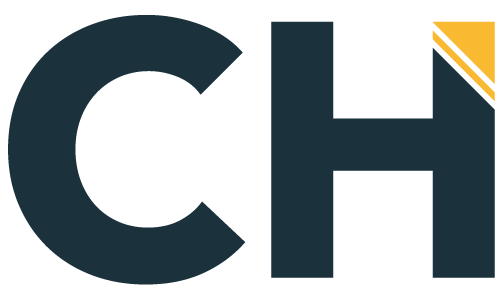Successful entrepreneurs have many common characteristics: they are determined, confident risk-takers and networkers with an insatiable desire to learn. But perhaps the most important trait that sets them apart is the way they think. By understanding this, you can tailor your own thinking to be more aligned with your entrepreneurial goals. Consider the advice of Henry Ford, “Thinking is the hardest work there is, which is probably the reason why so few engage in it.”
Effectual reasoning vs. causal reasoning
In her groundbreaking 2001 paper “What Makes Entrepreneurs Entrepreneurial,” University of Virginia Darden professor and cognitive scientist Dr. Saras Sarasvathy developed the effectuation theory of entrepreneurship after exhaustively interviewing 27 serial entrepreneurs. Through her research, Sarasvathy found that expert entrepreneurs rely on effectual reasoning, which assumes the future is largely unpredictable, but that it can be controlled through human action. This is opposed to causality, which assumes the future is theoretically predictable based on prior events. Casual reasoning, typically used by managers asks, “Where are we now? Where do we want to be? And how are we going to get there?” It can be summed up by the belief, “If I can predict the future, I can control it.” Effectual thinkers, on the other hand believe, “If I can control the future, I do not need to predict it.” They make rather than find opportunities, converting ‘as-if’ propositions into ‘even-if’ ones.
Four Principles
Effectual reasoning uniquely serves entrepreneurs in starting businesses by providing a way to control an inherently unpredictable future.
- Bird in Hand Principle
What it is: Because expert entrepreneurs crave action, they don’t wait for the perfect opportunity to present itself. Rather, they start taking action based on what they have readily available. Rarely beginning with concrete goals, they are expert improvisers who develop them as they go while constantly reacting to contingencies. By contrast, corporate executives use causal reasoning to set a goal and purposefully seek the best ways to achieve it.How to use it: The bird-in-hand principle values action, even if it’s imperfect. Image the possibilities that can come from the means you have at hand: who you are, what you know, and whom you know. Even if perfect opportunity hasn’t fully emerged, think in terms of massive, imperfect action. - Affordable Loss Principle
What it is: Expert entrepreneurs consider opportunities in terms of acceptable downsides and limit risk by understanding what they can afford to lose. Rather than seeking large all-or-nothing opportunities, they set goals and take action where there is upside even if the downside happens. How to use it: In order to manage risk, be more concerned with analyzing the down-side of your actions. If you can afford the cost, then then jump in. - Lemonade Principle
What it is: Expert entrepreneurs leverage contingencies. They embrace surprises that arise from uncertain situations, remaining flexible rather than tethered to existing goals. How to use it: Let go of the idea that ambiguity means confusion, disorganization and inaction. Instead, embrace the idea of exploiting the unexpected by remaining flexible and open to change. Flexibility is not simply designed to avoid failure, it is also the best way to fight complacency. - Crazy-Quilt Principle
What it is: Expert entrepreneurs build partnerships with self-selecting stakeholders willing to commit to jointly creating the future. How to use it: Don’t worry about competitive analyses and strategic planning. This principle basically encourages entrepreneurs to be obsessive networkers based on the idea that you never know what new product, design or solution may come from connecting with others, whether customers, experts or other companies.
Effectual logic is not an innate ability; it can be learned. Expert entrepreneurs actively apply this thinking, which is rooted in the belief that the future is neither found nor predicted, but made. Like them, you should focus on activities within your control, knowing your actions will result in the desired outcomes.
To learn more:




